Guide to the Women’s Prize for Fiction 2024 shortlist
The overall winner will be announced on 13 June
From a story about a new mother at her wit’s end (Soldier Sailor) to one about performing Shakespeare in the West Bank (Enter Ghost), to another about growing up in developing modern China (River East, River West), the shortlist for the Women’s Prize for Fiction is here, revealing the six far-ranging authors and books in consideration for the major accolade.
Revealed on Wednesday morning (24 April), the list names the remaining titles in contention, shortened from the longlist of 16.
Many of the novels introduce the reader to women grappling with identity amid personal and political changes, while half of the selection provides moving and distinct explorations of race and family through the migrant experience.
The shortlist includes two Irish authors, two Americans, one Australian and one British writer, with three being previous nominees (with one being a previous winner).
The shortlist is as follows:
• Anne Enright, The Wren, The Wren (Irish)
• VV Ganeshananthan, Brotherless Night (American)
• Kate Grenville, Restless Dolly Maunder (Australian)
• Isabella Hammad, Enter Ghost (British)
• Claire Kilroy, Soldier Sailor (Irish)
• Aube Rey Lescure, River East, River West (American / French)

Last year, Barbara Kingsolver became the first person to win the award twice with her novel Demon Copperhead.
One of 2024’s shortlisted authors, Kate Grenville, previously won the Prize (then named the Orange Prize) in 2001 for her novel The Idea of Perfection.
Her book, Restless Dolly Maunder, is published by independent publisher Canongate Books and follows a pioneering and triumphant woman as she creates a life she can call her own – a husband and two children don’t deter her from searching for love and independence.
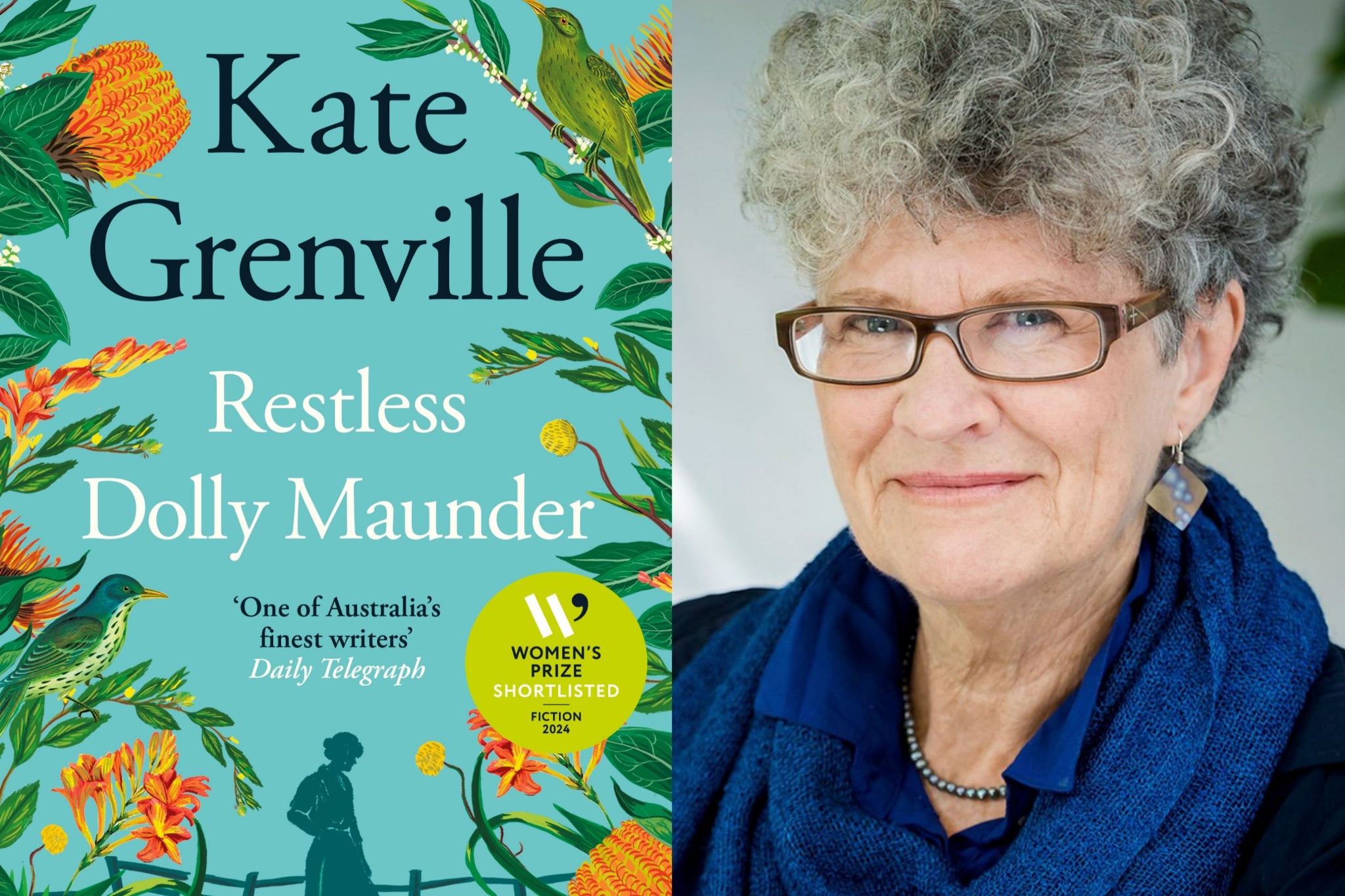
While this year’s shortlist features established writers who have put out several books before this – eight for Grenville, seven for Anne Enright and four for Claire Kilroy – it also features newer authors.
Both VV Ganeshananthan and Isabella Hammad are being shortlisted for their second book, while Aube Rey Lescure is the only debut novelist to make the cut.
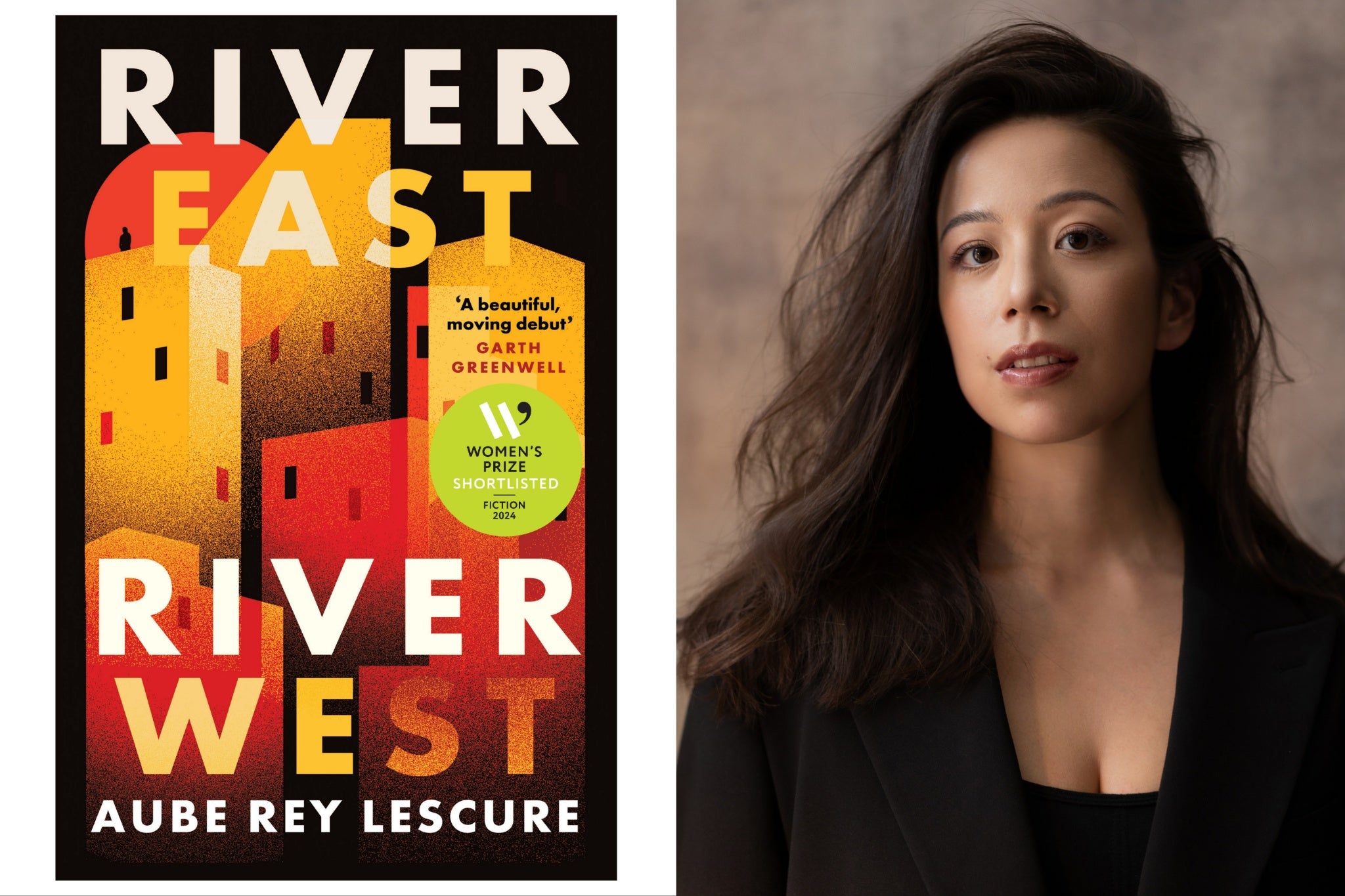
Lescure’s novel, River East, River West, reverses what readers might expect of an immigrant narrative. Set during China's economic boom in the latter half of the 20th century, the book examines the impact of Western media influences on the expectations of young people living in China.
Jean Kwok, bestselling author of Searching for Sylvie Lee, called the book: “A searing and intimate exploration of both China and the American Dream. Poignant and propulsive, thoughtful and moving.”
For Ganeshananthan’s Brotherless Night, there is a delicate examination of fractured family dynamics during Sri Lanka’s civil war. Brit Bennett, the author of the bestselling novel The Vanishing Half, describes it on the book jacket as a “heart-breaking exploration of a family fractured by civil war”.
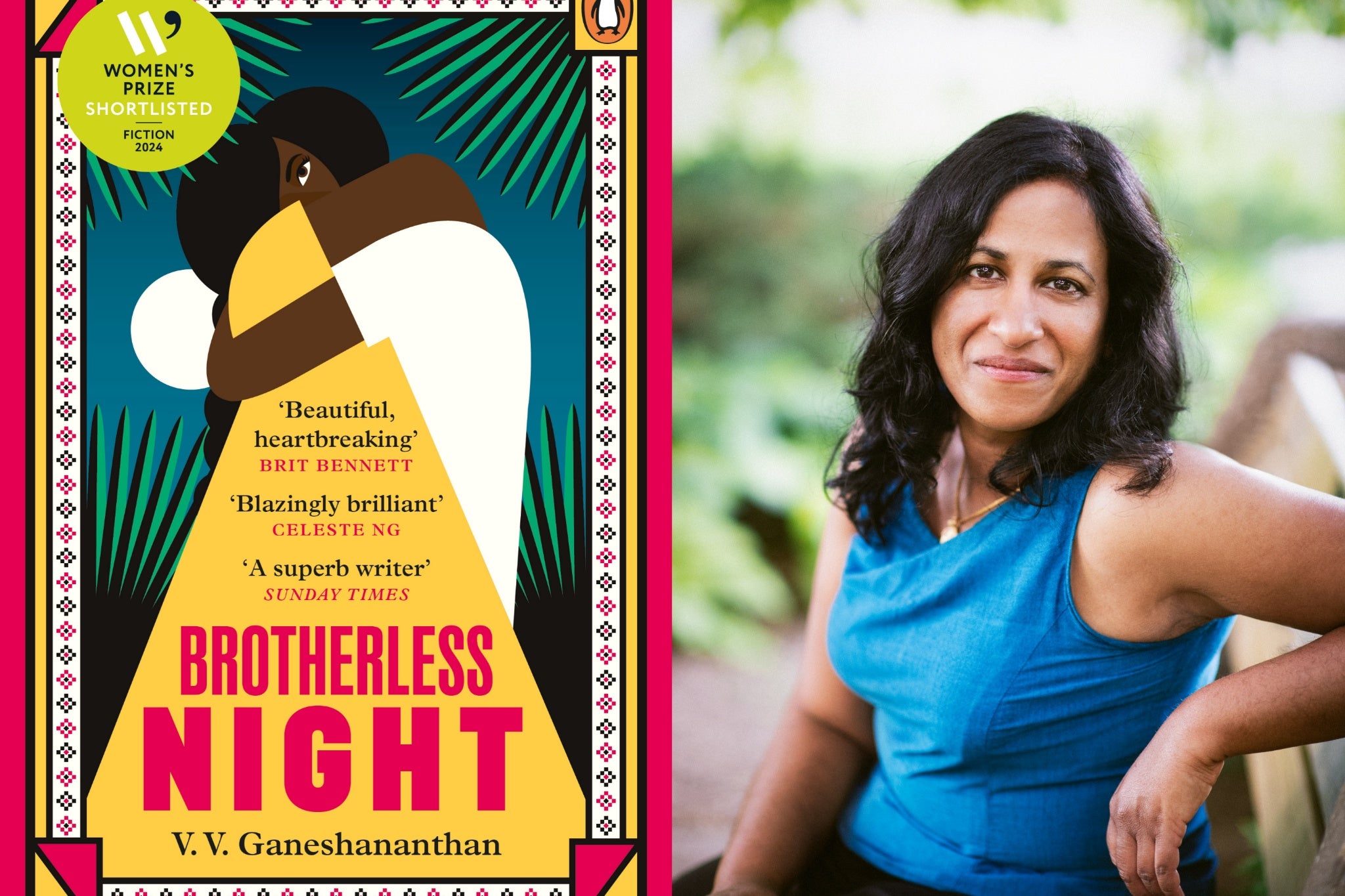
She continues: “This beautiful, nuanced novel follows a young doctor caught within conflicting ideologies as she tries to save lives. I couldn’t put this book down.”
Family is also a key feature of Enright’s coming-of-age novel The Wren, The Wren, as she traces the impact of a traumatic childhood through the protagonist, Nell, and the ways it manifests in the generations that follow.
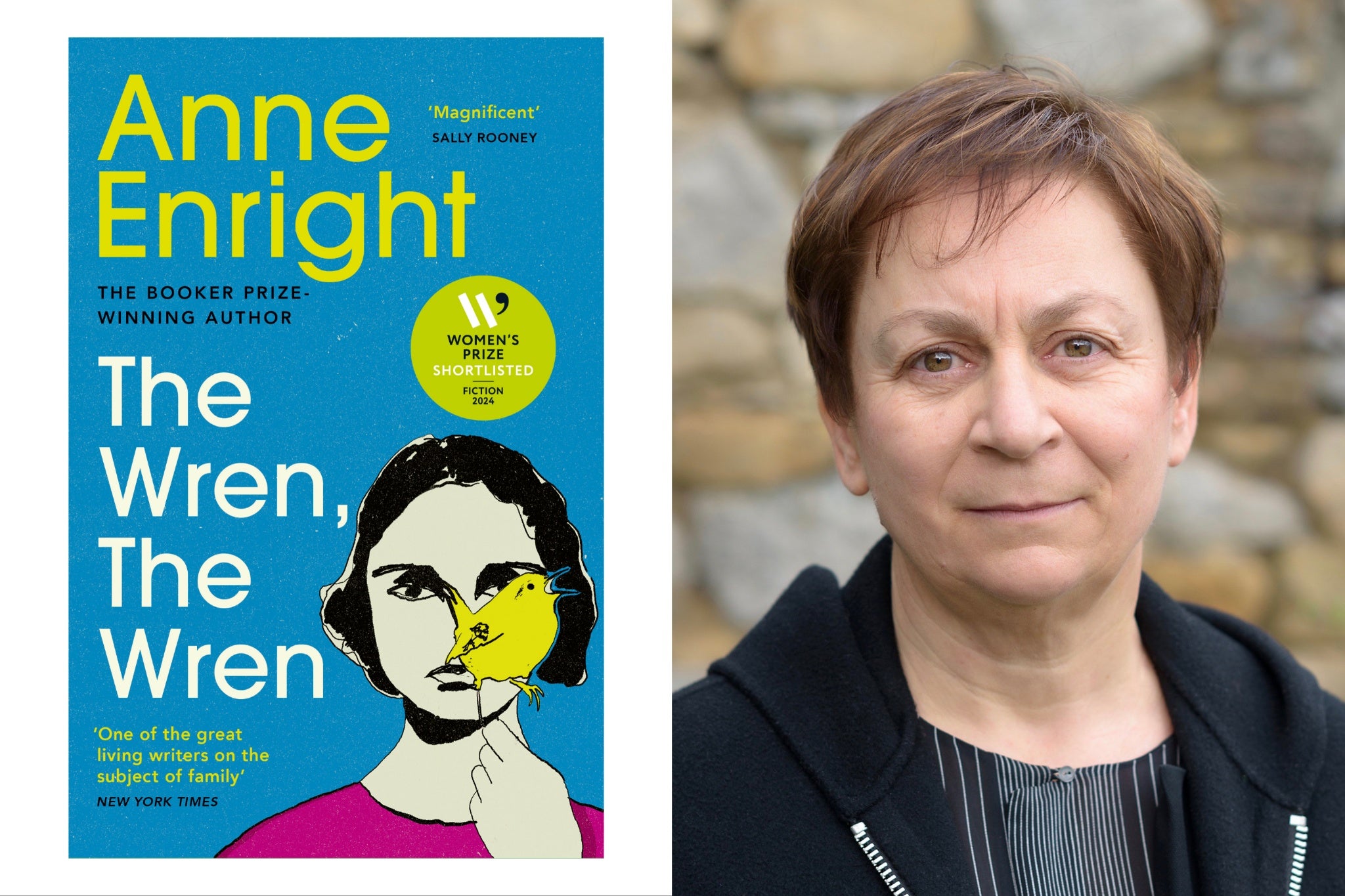
The Independent’s chief book critic Martin Chilton described the novel as one that “gradually unpicks a story of betrayal, loneliness, selfishness, and shows, in a compassionate, forceful way, the problems Nell faces navigating a cruel world.”
In Enter Ghost, Hammad tells the story of a Palestinian woman who returns to the West Bank and is involved in a stage production of Shakespeare’s Hamlet. As a novel of the political fiction genre, Enter Ghost has been praised by chair of the judging panel Monica Ali as “a deeply nuanced, very subtle novel... that could have been topical at any time during the last several decades”.
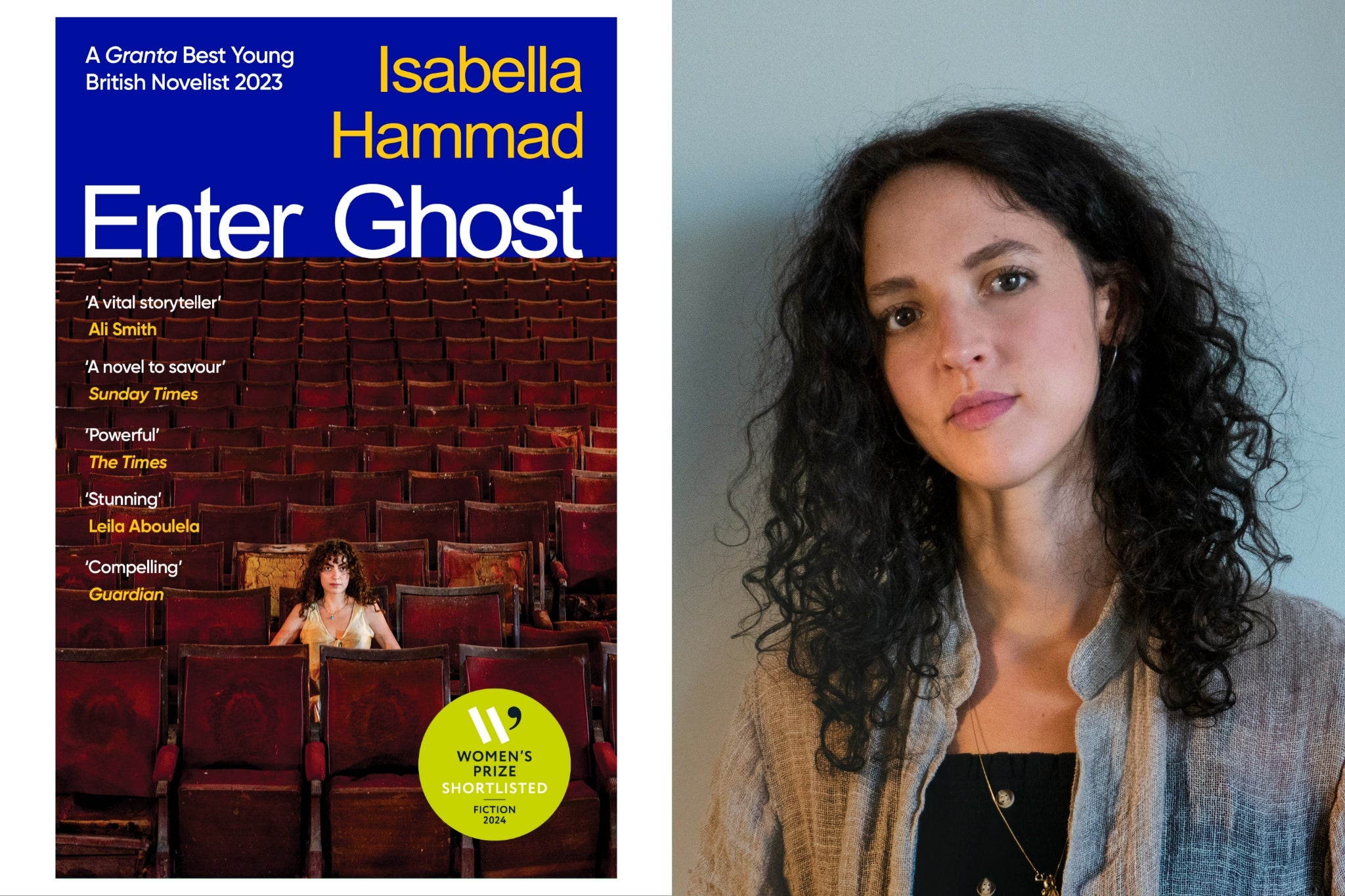
Finally, Kilroy puts motherhood under the microscope in the black comedy Soldier Sailor, as she explores the rollercoaster of new motherhood, leading to burning questions about creativity and female autonomy.
In his four-star review from last year, Martin Chilton describes Soldier Sailor as a “blistering novel” that “hits with the force of a lightning strike”.
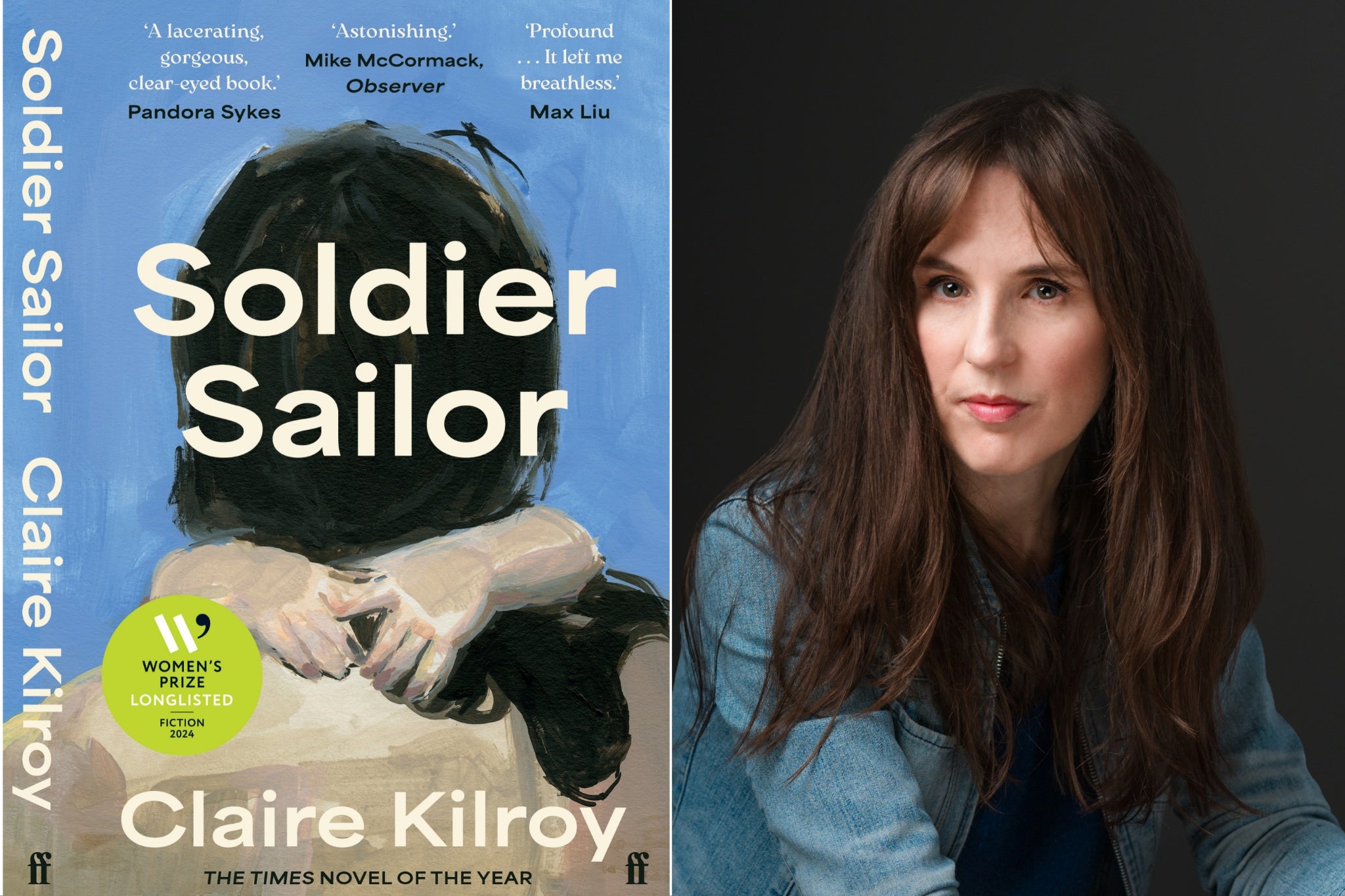
Brick Lane author and chair of the judging panel Monica Ali praised the selection of novels in a statement.
“This year’s shortlist features six brilliant, thought-provoking and spellbinding novels that between them capture an enormous breadth of the human experience,” said Ali.
“Readers will be captivated by the characters, the luminous writing and the exquisite storytelling. Each book is gloriously compelling and inventive and lingers in the heart and mind long after the final page.”

Ali is joined on the panel of judges by author Ayọ̀bámi Adébáyọ̀, author and illustrator Laura Dockrill, actor Indira Varma and presenter and author Anna Whitehouse.
In an interview with The Independent last month, Ali said that this year’s Women’s Prize for Fiction contenders give a voice to those who would “otherwise remain voiceless”.
The winner will be announced on 13 June.
Join our commenting forum
Join thought-provoking conversations, follow other Independent readers and see their replies
Comments